Hormones play a vital role in regulating many of the body’s functions, including oral health. While most people focus on brushing and flossing to maintain healthy teeth and gums, hormonal changes during different life stages—such as puberty, pregnancy, and menopause—can significantly impact oral health. These changes can make gums more sensitive, increase the risk of gum disease, and even affect the body’s ability to fight off infection. Understanding these shifts can help you take better care of your smile during these critical periods.
Hormonal Changes and Oral Health
Hormones such as oestrogen and progesterone influence blood flow, the body’s immune response, and tissue health. When their levels fluctuate, the mouth becomes more vulnerable to inflammation and bacterial activity. This can lead to gum swelling, tenderness, and other dental issues. Each life stage brings its unique challenges.
Puberty and Oral Health
Puberty brings a surge of hormones that can directly affect oral tissues.
Gum Sensitivity and Inflammation
During puberty, increased oestrogen and testosterone levels can cause gums to become more sensitive and inflamed. Teenagers may notice redness, puffiness, or bleeding when brushing or flossing.
Increased Risk of Gum Disease
With heightened sensitivity, plaque and bacteria can trigger stronger reactions, making young people more prone to gingivitis if proper oral hygiene is not maintained.
Orthodontic Considerations
Puberty is also a standard time for braces or orthodontic treatment. Combined with hormonal changes, this can create extra challenges in keeping teeth and gums clean.
Pregnancy and Oral Health
Pregnancy is one of the most significant life stages where hormonal changes directly affect oral health.
Pregnancy Gingivitis
The rise in progesterone during pregnancy can cause an exaggerated response to plaque, leading to gum swelling, bleeding, and tenderness. This condition, known as pregnancy gingivitis, is common and requires careful monitoring.
Pregnancy Tumours
Some expectant mothers may also develop small, non-cancerous growths on their gums called “pregnancy tumours.” These are caused by excess plaque and heightened sensitivity but usually resolve after birth.
Impact on Overall Health
Poor oral health during pregnancy has been linked to complications such as premature birth and low birth weight. This highlights the importance of regular dental care during this period.
Menopause and Oral Health
Menopause brings a different set of challenges, as oestrogen levels decline and the body undergoes significant changes.
Dry Mouth
One of the most common oral issues during menopause is dry mouth, often caused by reduced saliva production. Saliva is essential for neutralising acids and protecting teeth from decay, so its absence increases the risk of cavities.
Burning Mouth Syndrome
Some women experience burning sensations in their mouth, tongue, or lips during menopause. This condition can be uncomfortable and may require professional management.
Bone Loss and Gum Disease
Lower oestrogen levels can lead to decreased bone density, which may affect the jawbone that supports the teeth. This increases the risk of tooth loss and advanced gum disease if not managed properly.
Tips to Manage Oral Health During Hormonal Changes
- Maintain consistent oral hygiene: Brush twice daily with fluoride toothpaste and floss regularly.
- Stay hydrated: Drinking water helps combat dry mouth and wash away bacteria.
- Eat a balanced diet: Calcium- and vitamin D-rich foods strengthen teeth and bones.
- Visit your dentist regularly: Professional cleaning and monitoring can prevent minor issues from becoming serious.
- Be proactive during life stages: Teenagers, expectant mothers, and menopausal women should take extra care with oral health during these transitions.
Final Thought
Hormonal changes during puberty, pregnancy, and menopause can make the mouth more vulnerable to issues such as gum disease, dry mouth, and even bone loss. By understanding how these stages impact oral health and taking preventative measures, you can protect your teeth and gums throughout life. If you’re experiencing oral health concerns linked to hormonal changes, consider consulting a dentist in schofields for tailored advice and care.
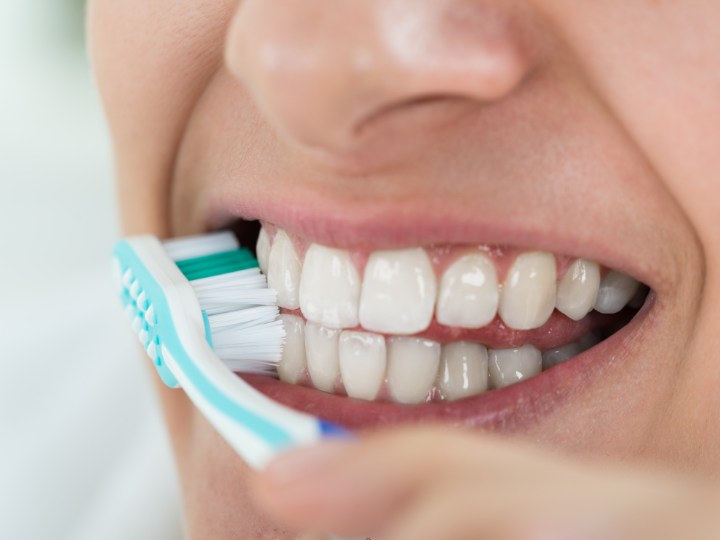
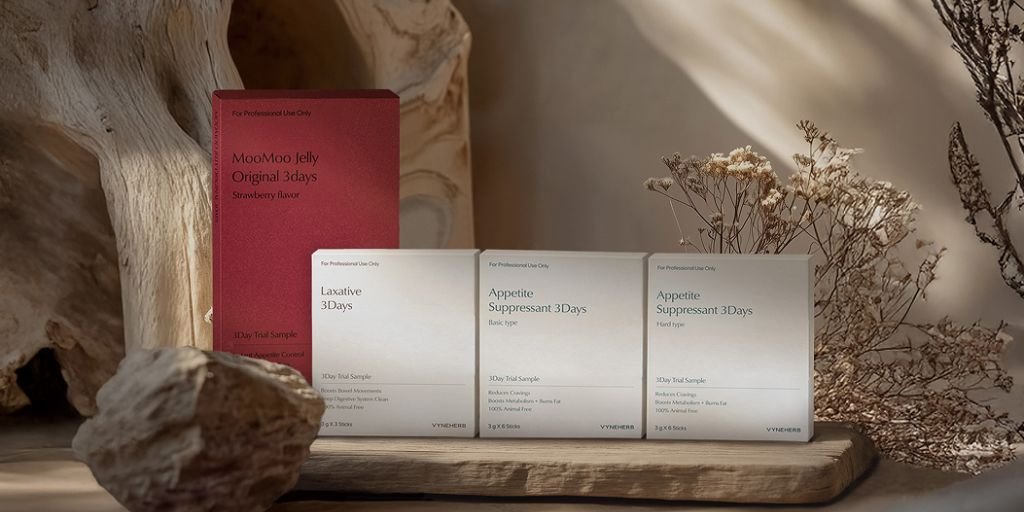





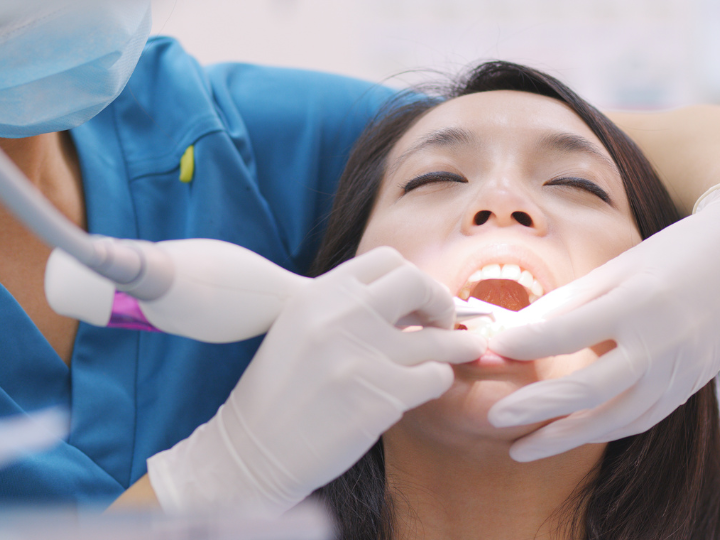

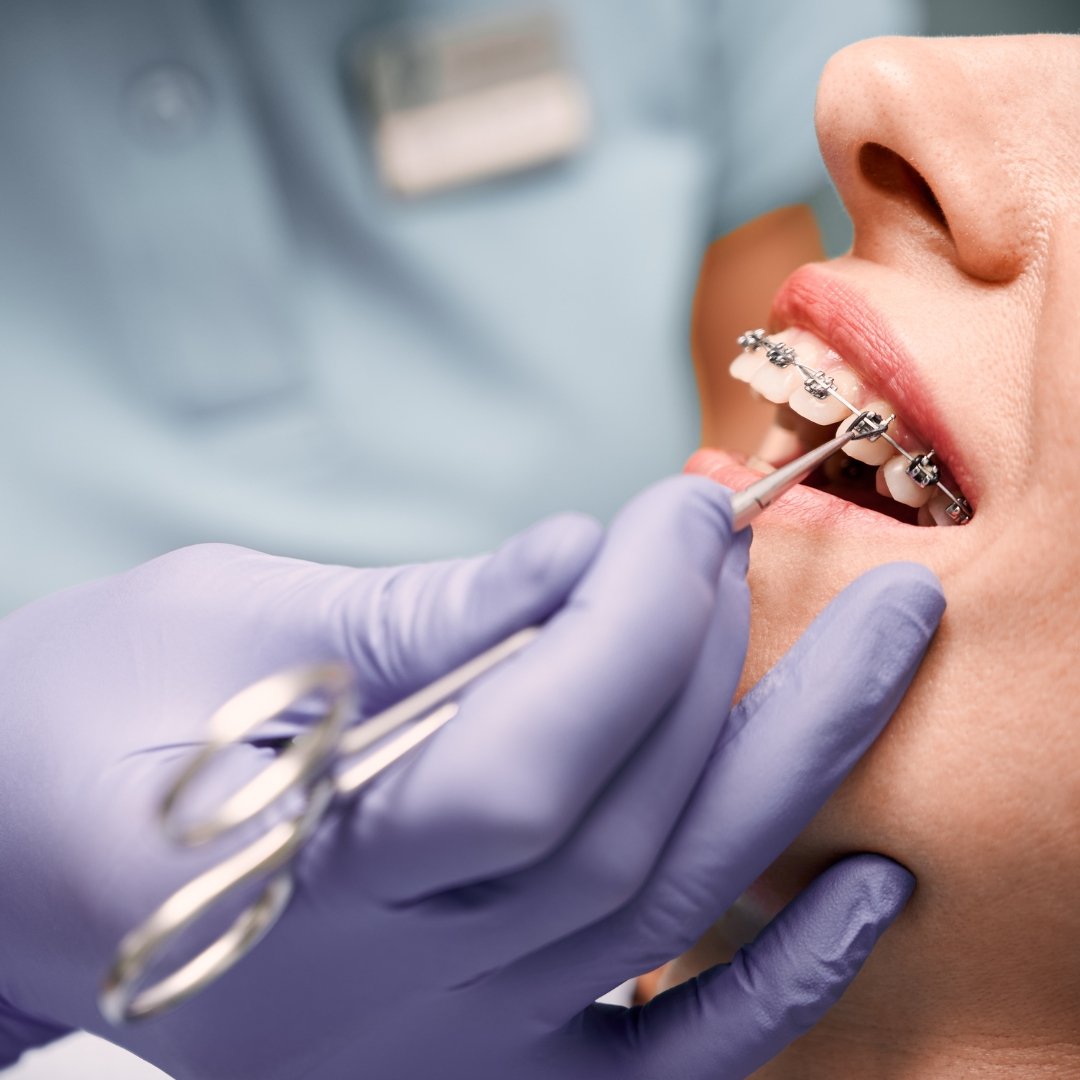
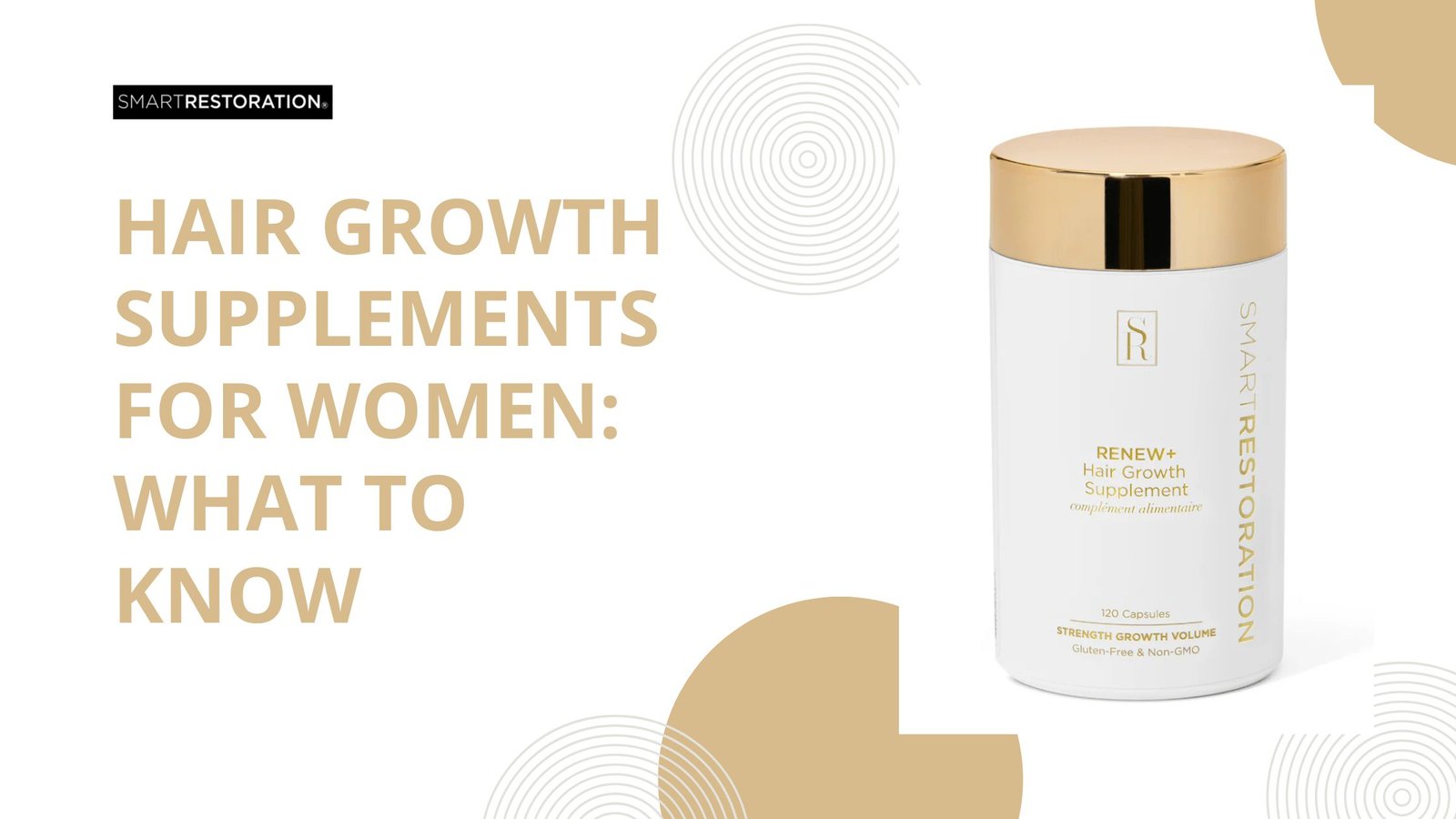



Leave a Reply